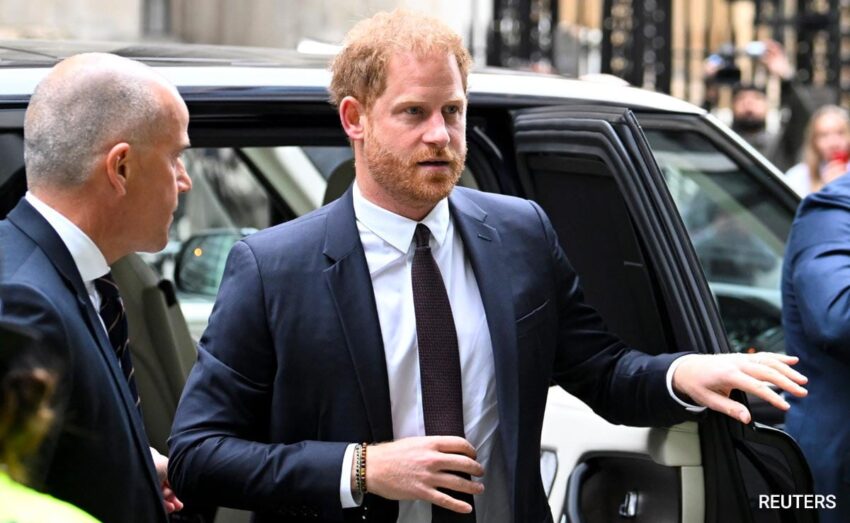Prince Harry’s highly anticipated witness statement in his phone hacking case against the publishers of the Daily Mirror has been made public.
The 55-page document, consisting of 25,538 words, contains crucial evidence pertaining to 33 articles.
However, what stands out is the omission of specific dates for significant life events, such as the births of his children and his wedding.
This omission immediately caught the attention of the judge presiding over the case.
Why did Prince Harry not include the full dates of his children’s births?
Could it be because the actual dates differ from what has been publicly stated?
The judge also questioned the absence of the exact date of his wedding, considering Meghan’s claim that they had married a few days earlier in a garden ceremony.
Did Prince Harry intentionally leave out this detail to avoid contradicting his wife’s statement?
Furthermore, he couldn’t even recall the month he first met Meghan, let alone the day.
Under oath, the judge pressed Prince Harry for the dates of his children’s births, but he refused to provide full details, citing the need for truthfulness in his witness statement to avoid perjury charges.
It appears that Prince Harry finds himself in a difficult position, torn between revealing more information that could potentially expose his lies or maintaining a veil of secrecy.
By withholding specific dates, he may be attempting to conceal discrepancies in his previous statements.
The absence of these significant dates raises suspicions about the authenticity of Prince Harry’s claims.
It seems he is reluctant to include false birth dates for his children in court documents, which could potentially lead to perjury charges.
Perhaps he genuinely cannot remember the exact dates, or he fears inadvertently providing inaccurate information that could be exposed through legal scrutiny.
It remains unclear how others, including Meghan, have assisted him in filling these memory gaps.
Prince Harry returned to court for his second and final day of giving evidence.
As he entered the witness box, he appeared composed but cautious, performing a small neck roll and taking a sip of water.
It almost seemed as if he had received instructions overnight to respond to questions with simple yes or no answers and adhere strictly to the prepared script.
In his witness statement, Prince Harry portrayed himself as a champion of journalism and a defender of important values.
However, there is a lingering concern that his motivations may not be entirely noble.
Despite his newfound focus, he frequently veered off track during questioning, delving into his personal grievances and straying from the specific queries posed by the judge.
These digressions offered glimpses into the challenges of his privileged yet isolating life, where suspicion and privilege intertwine.
Prince Harry’s statement also shed light on the individuals who surround him.
He referred to them as “my security,” “my point person,” and even “my police.”
This portrayal paints a picture of a man constantly guarded and surrounded by a tight circle of trusted aides.
As the phone hacking case continues, the absence of specific dates in Prince Harry’s witness statement raises doubts about the accuracy of his previous claims.
It remains to be seen how this omission will impact the outcome of the trial and the public’s perception of the royal couple.
